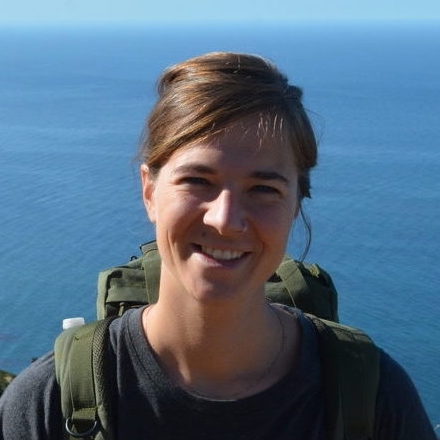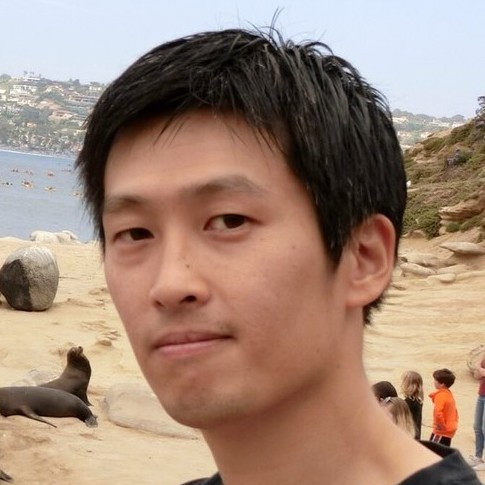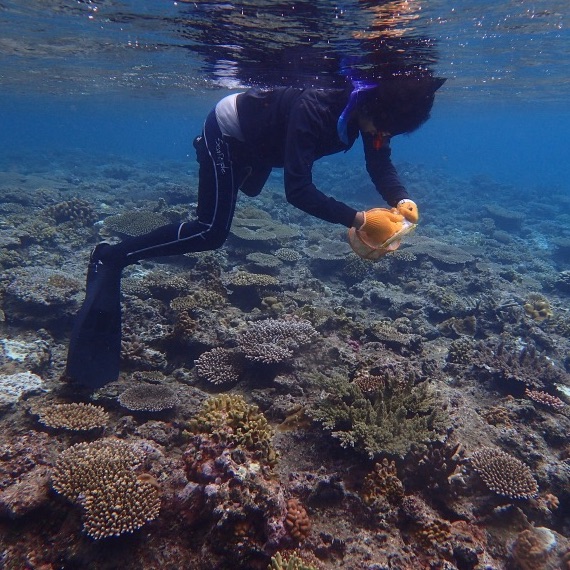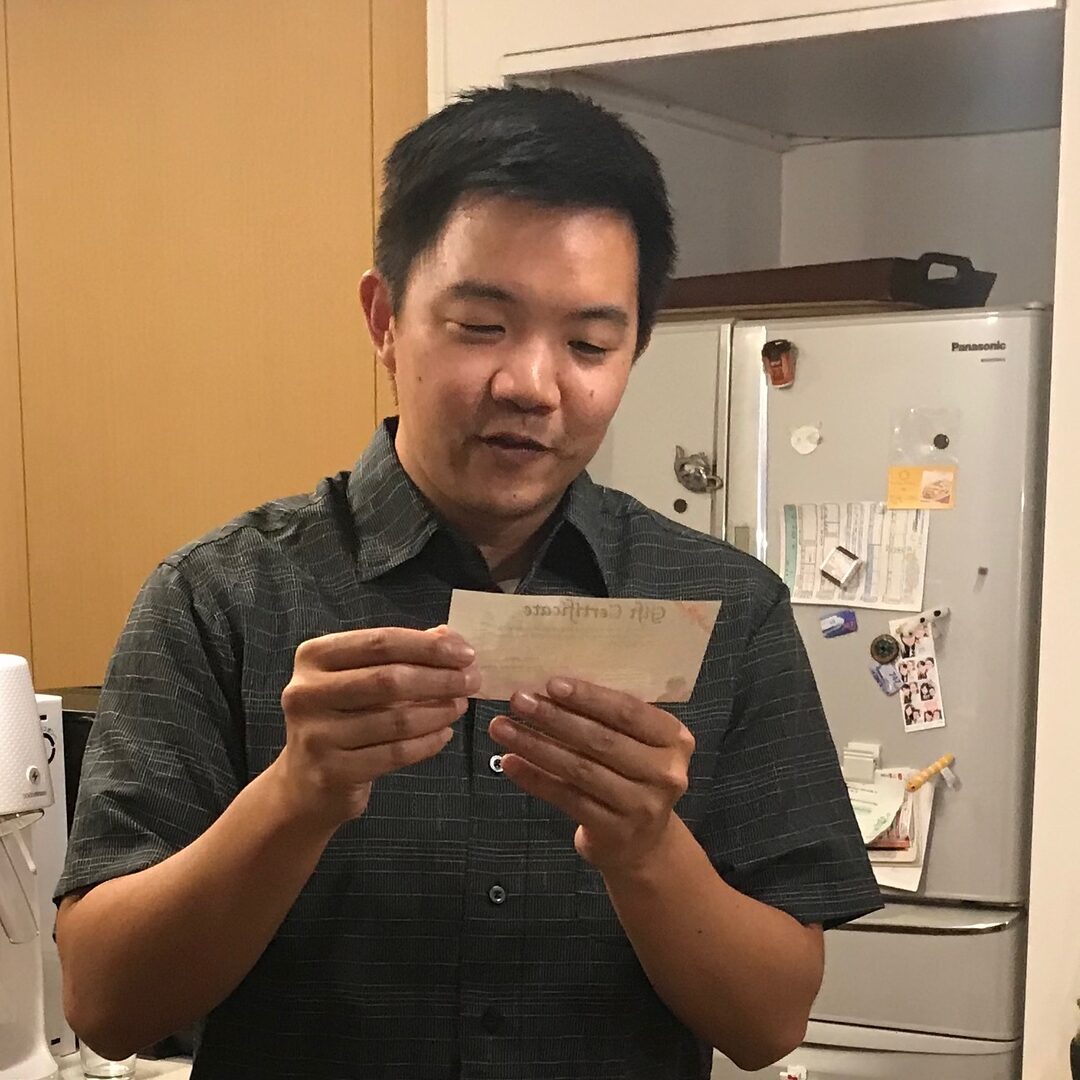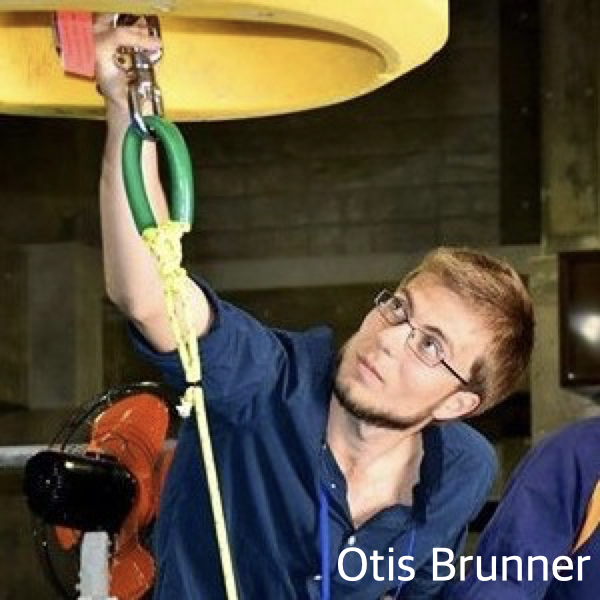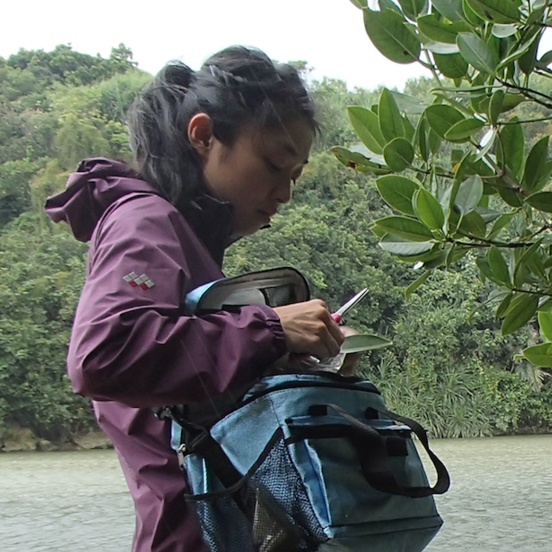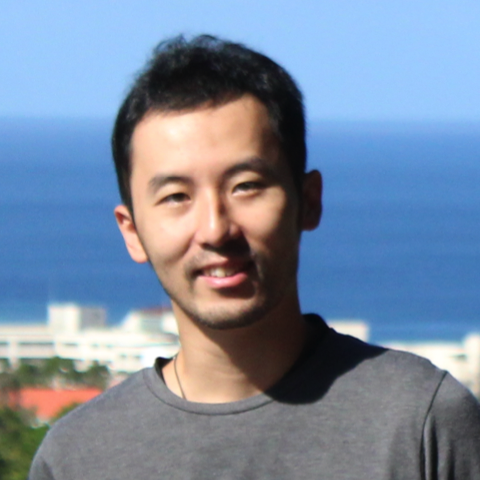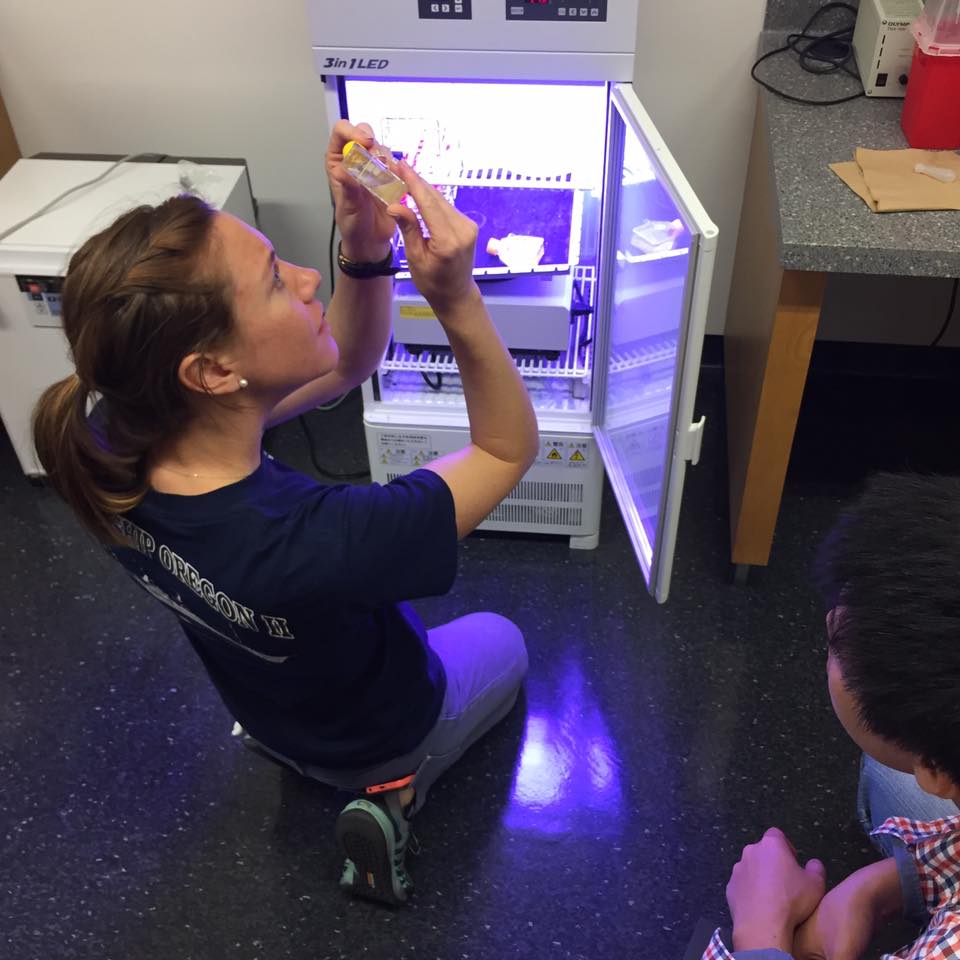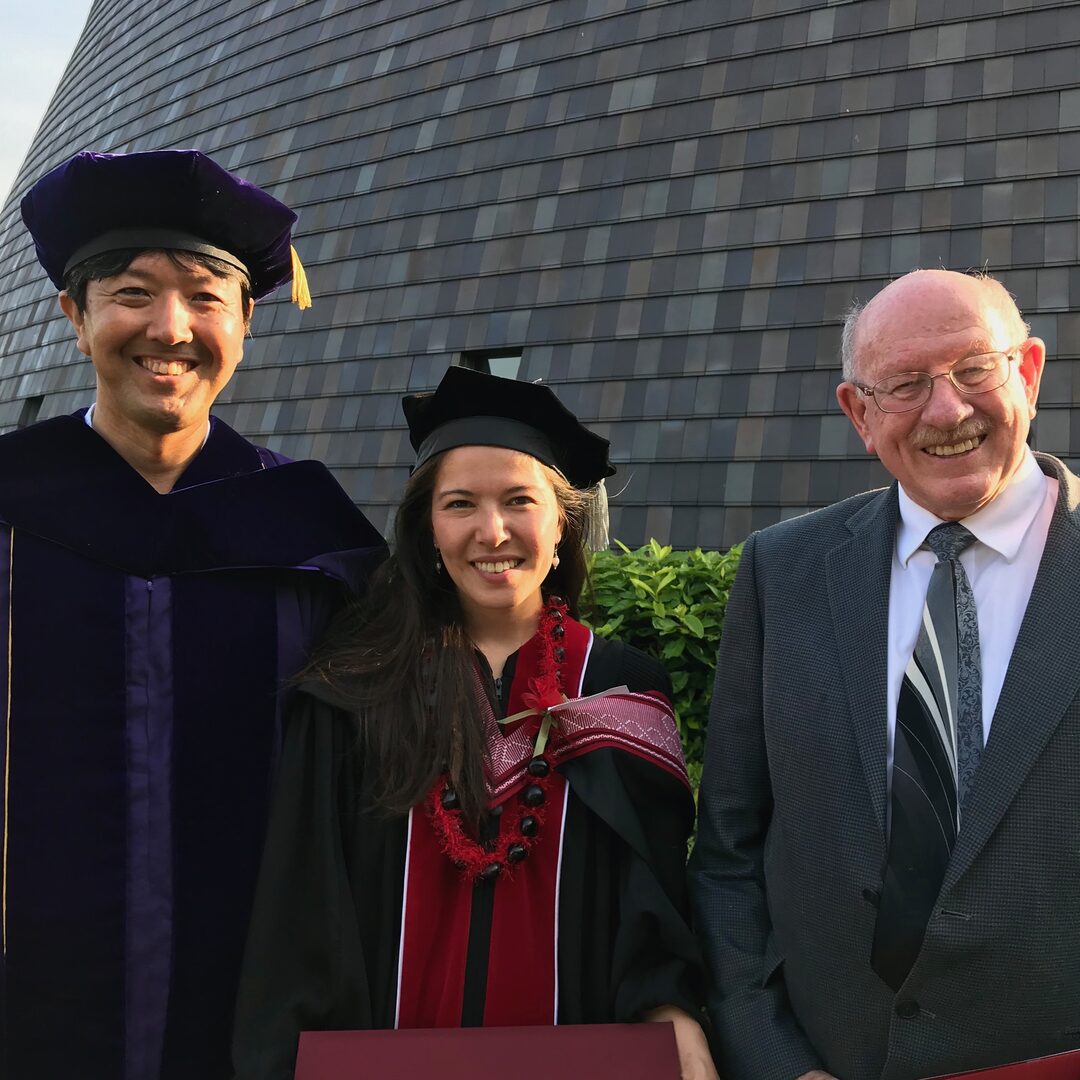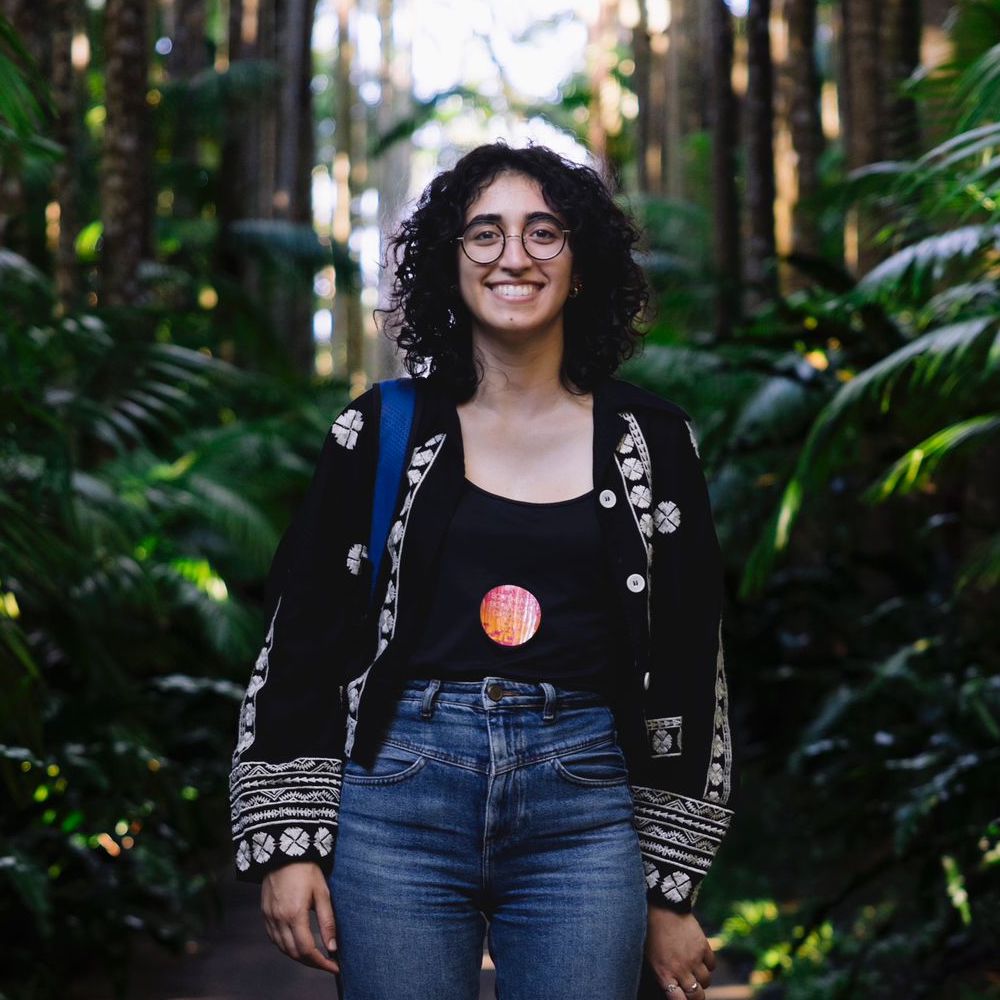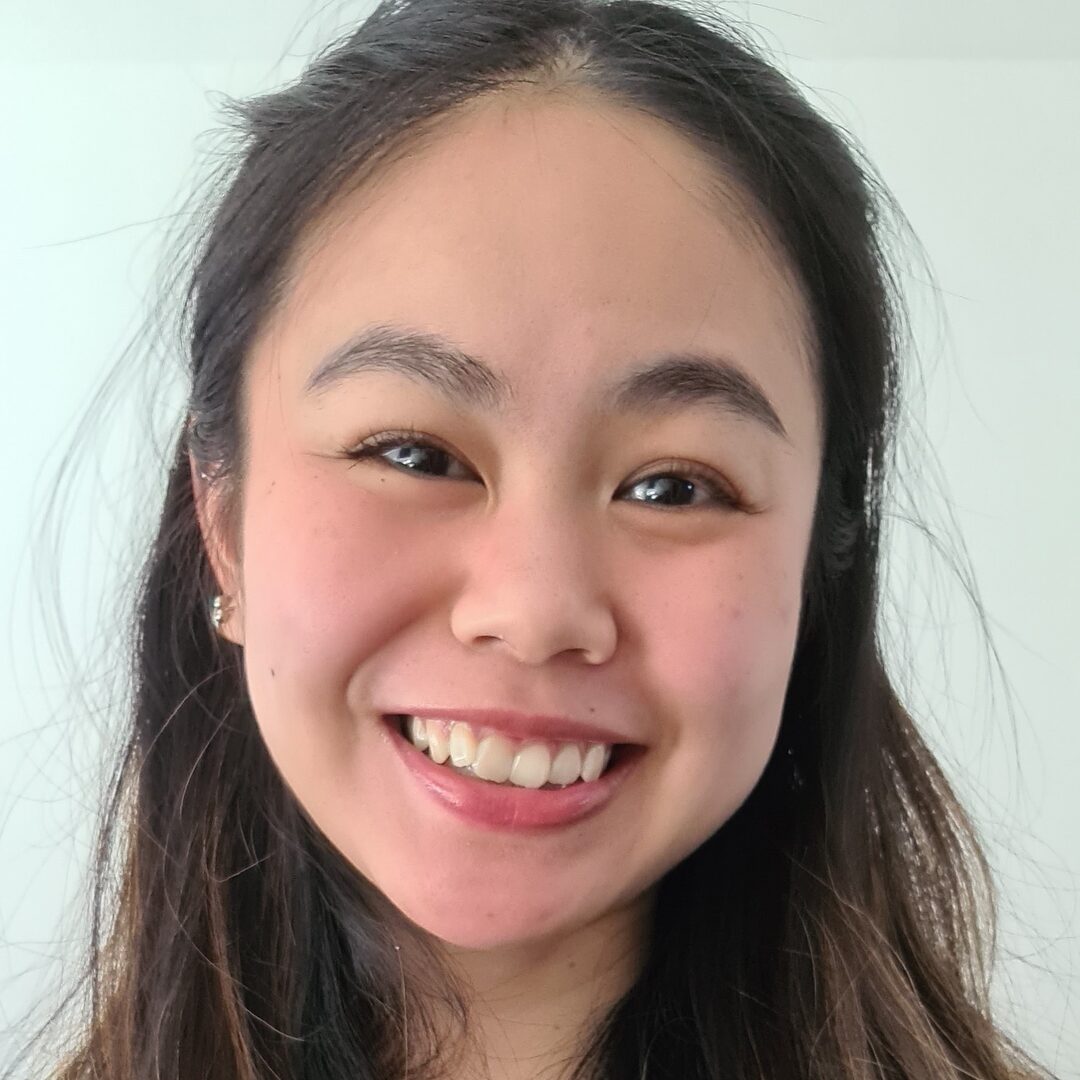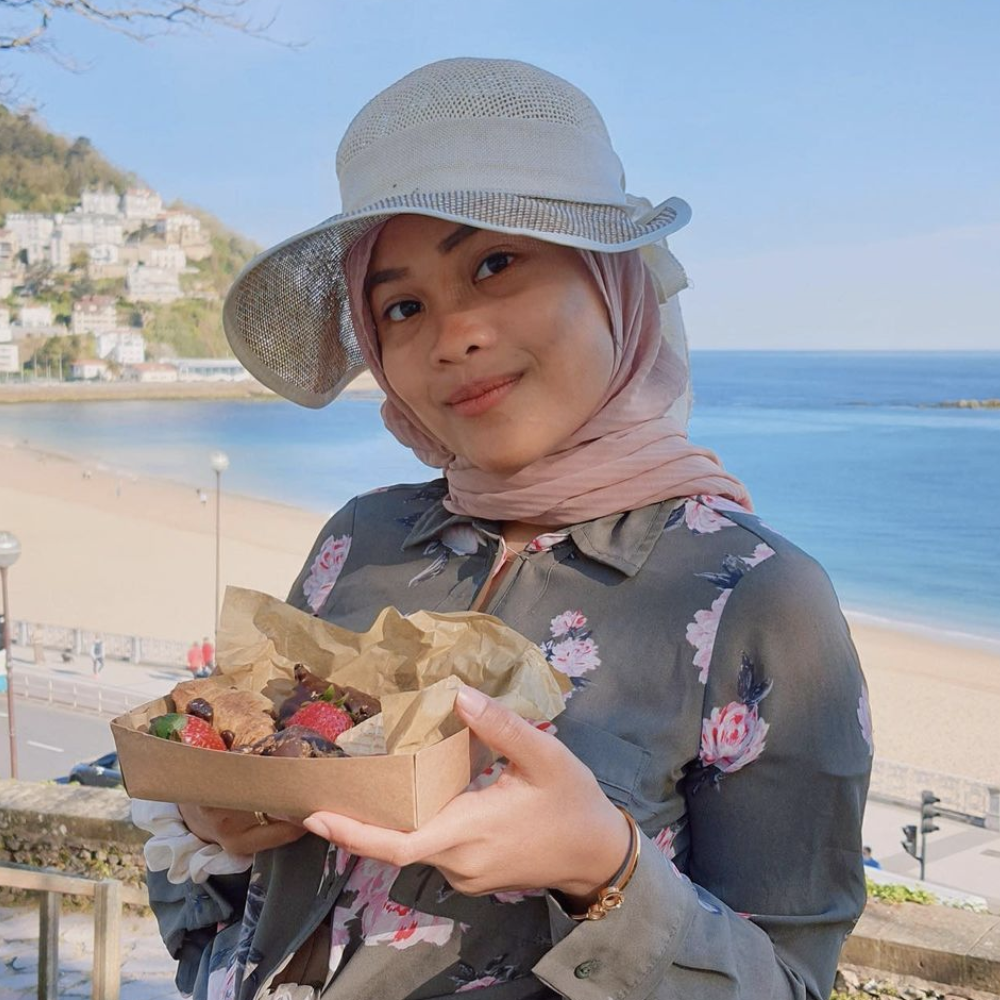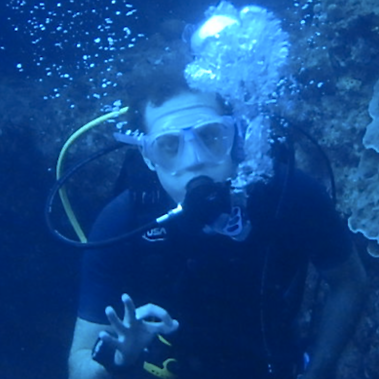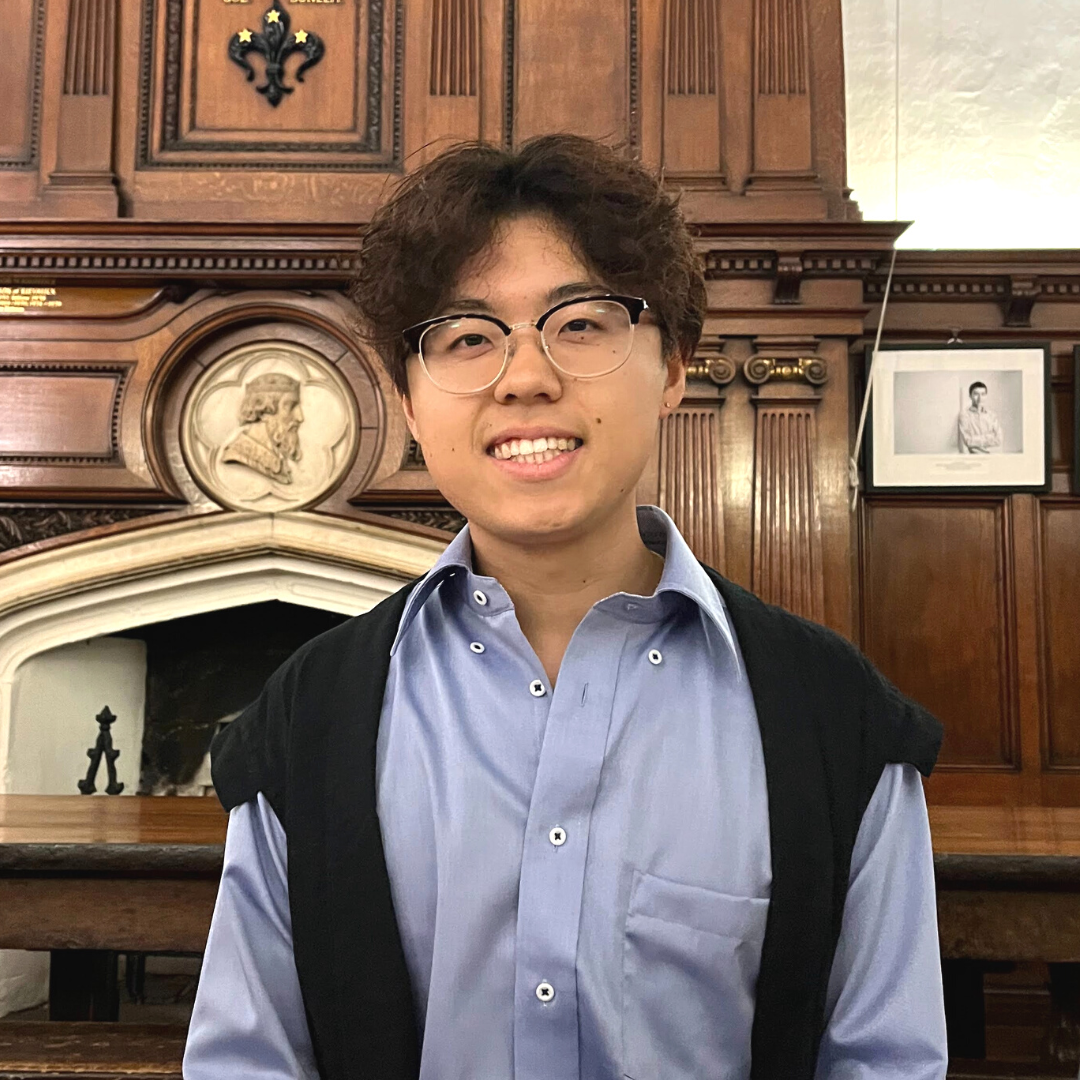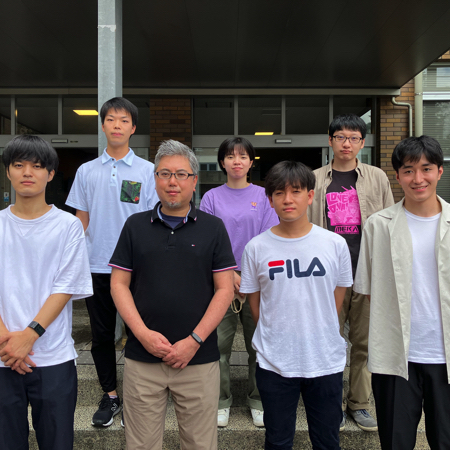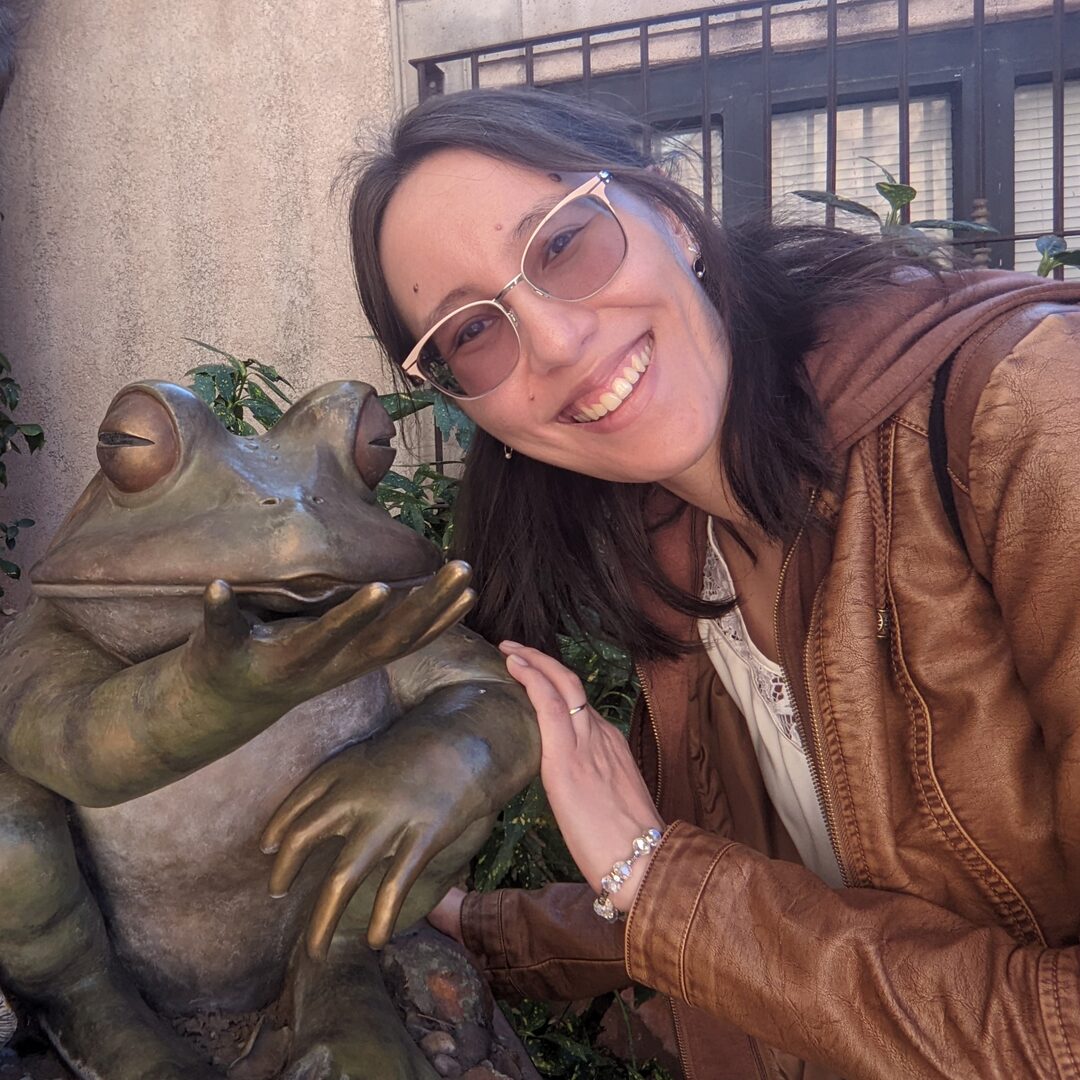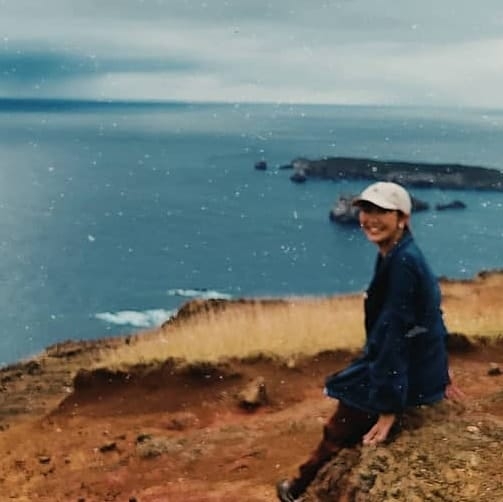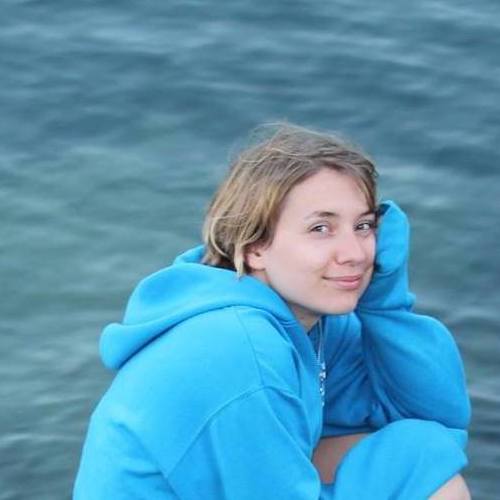Recent Alumni
Postdoctoral Scholars
Ángela Ares
Departed in October 2022
Angela’s research interests are focused on how microorganisms respond to heavy metal stress as well as other biotic and abiotic stress in marine ecosystems. She worked on two exciting projects: i) Genetic response of deep-sea hydrothermal vent Epsilon-proteobacteria to heavy metals. ii) Evaluation of plankton community dynamics and physico-chemical changes due to terrestrial runoff in nearshore subtropical waters.
Yosuke Yamada
Departed in March 2022
Yosuke’s research focuses on particle dynamics and microbial activities in the ocean and investigates the impacts on marine biogeochemistry and ecology. Current projects focus on the interaction between bacteria and particles.
Yuichi Nakajima
Departed in March 2021
Marine Le Gal
Departed in August 2020
Specialized in hydrodynamics numerical modeling, Marine has a particular interest for coastal regions and their protection. Her Ph.D. project was about Tsunami modeling and the impact of time parameters during the generation. Marine continued to work on this subject with the study of the tsunami that hit Ishigaki Island in 1771. She also broadened my interest by working on Mangrove propagule dispersion.
Kirk Sato
Departed in June 2019
Graduate Students
Otis Brunner
Otis' background in marine spatial ecology brought him to the Marine Biophysics Unit where he is studying the diversity found at hydrothermal vents and how theoretical ecology and oceanographic models of connectivity can be combined to answer key questions in metacommunity dynamics and Biogeography.
Maki Thomas
Ph.D. in November 2022
Maki’s research interests are focused on coastal marine conservation, especially estuary areas. Her current objective is to better understand how species maintain and expand its habitat. The current project focuses on investigating temporal and spatial dispersal patterns and driving factors of mangrove species, Rhizophora stylosa. Using population genetic methods, oceanic numerical modeling as well as in-situ observed drifter methods will provide comprehensive understanding of dispersal patterns. Another goal during her PhD program is to do science out-reach projects with local communities through ECO club.
Po-Shun (Bob) Chuang
Ph.D. in December 2021
For some Pocilloporid corals, an escaping response called polyp bail-out can happen in stress conditions instead of bleaching. With this response, adult solitary polyps of the same genetic background can be obtained. The objective of Po-Shun’s PhD project is to apply this stress response to coral studies, including the emergent property of corals from solitary polyp to a coenosarc-connected colony, and the ecological role of this stress response in the scenario of global climate change.
Margaret Mars Brisbin
Ph.D. in May 2020
Maggi's thesis work focused on the symbiotic relationship between the haptophyte algae, Phaeocystis, and acantharian hosts ("Characterization of Acantharea-Phaeocystis photosymbioses: distribution, abundance, specificity, maintenance and host-control", Ph.D., 2020). She is particularly interested in how interactions between the smallest organisms can affect large scale processes in the ocean. Currently, Maggi is a postdoc scholar at Woods Hole Oceanograhic Institution.
Patricia Wepfer
Ph.D. in December 2018
Research Interns
Diala Edde
Diala has a background in marine biology, specifically ichthyology. Since her main interest is in fish larvae dispersal patterns, she has joined the Mitarai unit as a rotation student to learn ocean modeling and particle tracking simulations. Her rotation project will focus on ocean reconstruction simulations from the Quaternary period (400,000-800,000 Mya) to determine the dynamics of the Kuroshio Current during that time.
Nicole Yap
February – May 2023
Nicole’s research interests are focused on adaptive management and conservation. Her interdisciplinary background spans data science, remote sensing, ecology, oceanography, sustainable development and environmental policy. Having previously used Species Distribution Modelling (SDM) to predict whale shark (Rhincodon typus) spatial distributions under climate scenarios, Nicole joined MBU to learn different modelling methods and to explore the world of possibilities for their application. Her current research project aims to investigate spatial and temporal distributions of zooplankton in response to the changing environment using ocean circulation models.
Michelia Wibowo
November 2022 – February 2023
Michelia Wibowo, a recent graduate with a Master's degree in Marine Environment, specializes in utilizing remote sensing and GIS techniques to map and study benthic ecosystems. Her current research interest is on investigating the deep-sea hydrothermal vents at the Okinawa Institute of Science and Technology, with a focus on understanding the connectivity of these vents through the use of ocean current models.
Noam Vogt-Vincent
June – September 2022, July – September 2019
Noam is a Ph.D. student in the Physical Oceanography group at the University of Oxford, using high-resolution simulations to model the dispersal of coral larvae and plastic debris, and the connectivity of coral reef systems, around ocean islands in the Indian Ocean and East China Sea. Noam also maintains an interest in paleoceanography and paleobiogeography, particularly on the response of coral reef systems to past environmental change.
Sawyer Suzuki
August – September 2022, August – September 2023
Yanai Tadashi Scholar undertaking a BA Geology / MEarthSci Earth Science at the University of Oxford. Interests lie in the environment, specifically in oceanography and global weather patterns.
Kimika Takeyasu
October – December 2021
Rotation Students
Maya Street
Academic Year 2022, Term 2
Using her background is in biochemistry, Maya aims to study the structure and evolution of various pathogens. For her rotation she will be studying a class of Radiolaria called Acantharea. Though Acantharea are not pathogens, she is interested in understanding the effects of currents and turbulence on the distribution of these microorganisms.
Nanako Okabe
Academic Year 2022, Term 1
Nanako focused on the possibility of conducting research at the Kume-Jima Deep Sea Water Laboratory. Nanako is interested in the connectivity of deep-sea hydrothermal vents and larval dispersal, which are already being conducted at the Marin Biophysics unit. As an extension of this topic, she examined the possibility of combining the search for plankton of deep-sea origin in the deep water around Kume- Jima with dispersion modeling.
Georgii (Gohan) Karelin
Academic Year 2022, Term 1
Georgii (or Gohan) analyzed existing models (Daisyworld, Wa-Tor and Forest-Fire cellular automata) and their implementation by working with relevant literature and programs. He implemented a numerical model and visualization program that allows users to analyze the outputs of simulations interactively.
Part-Time Research Assistants
Kimberlie Ward
Kimberlie has worked on several different model organisms (i.e., hermit crab, sponges, foraminifera) looking at behaviour, evolution, development, and distribution patterns. She has experience in different techniques e.g., light-microscopy, DNA extractions, and probe development. She is highly trained in, and particularly enjoys marine fieldwork on boats or along the shore. She will be helping the MBU maintain their wet lab and assist members during their use.




